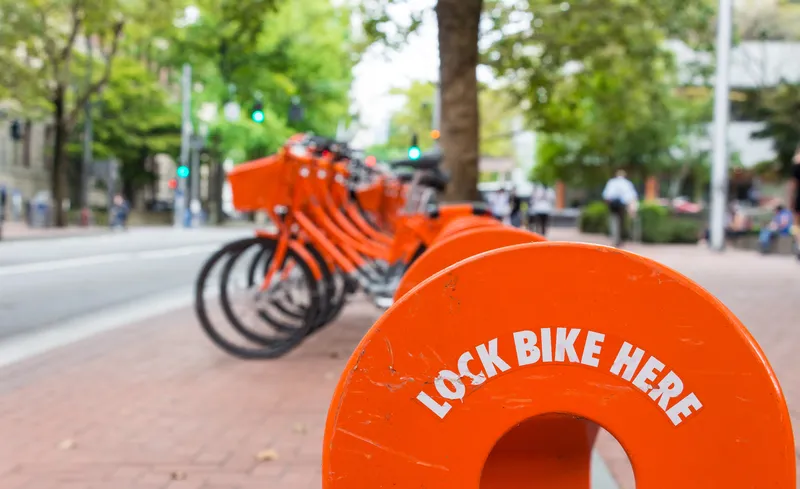
A US report suggests electric bikes can replace short car trips, with significant environmental benefits.
Bike Adviser says that 55% of car trips in the US are less than five miles - and if 50% of these were replaced with e-bikes, it would save 273,000 metric tonnes of CO2 every day, "which is equivalent to the carbon sequestered by 4.5 million tree seedlings grown for 10 years".
It identifies five areas - the District of Columbia, and four states: Rhode Island, Massachusetts, Connecticut and Ohio - which have the most e-bike potential, as more than 57% of their car trips are up to 5 miles.
"They could benefit the most from e-biking due to their relatively short-distance trips that could be switched from cars to e-bikes," the report suggests.
Switching from cars to e-bikes would collectively save 2,753 metric tonnes of CO2 every day at an 8% adoption rate.
"This is equivalent to CO2 emissions from 334 million smartphones charged," Bike Adviser explains.
Washington DC has the highest proportion of short-distance trips in the US: 64% of trips are less than five miles.
But targeting higher-polluting states would help generate greater CO2 savings, even if they have fewer sub-five-mile trips.
For instance, California, Texas and New York "are states famous for their love affair with cars and products of high CO2 emissions".
California has the highest transport emissions of all, with 51,370 metric tonnes of CO2 emitted by cars every day.
"If only 8% of car trips in California were to be replaced with e-bikes, our country would save 4,078 metric tonnes of CO2 every day - almost equal to the combined CO2 emissions saved in DC, Rhode Island, Connecticut, Wyoming and Ohio together," the report says.
Bike Adviser is a biking platform operated by search engine optimisation agency Manaferra.









